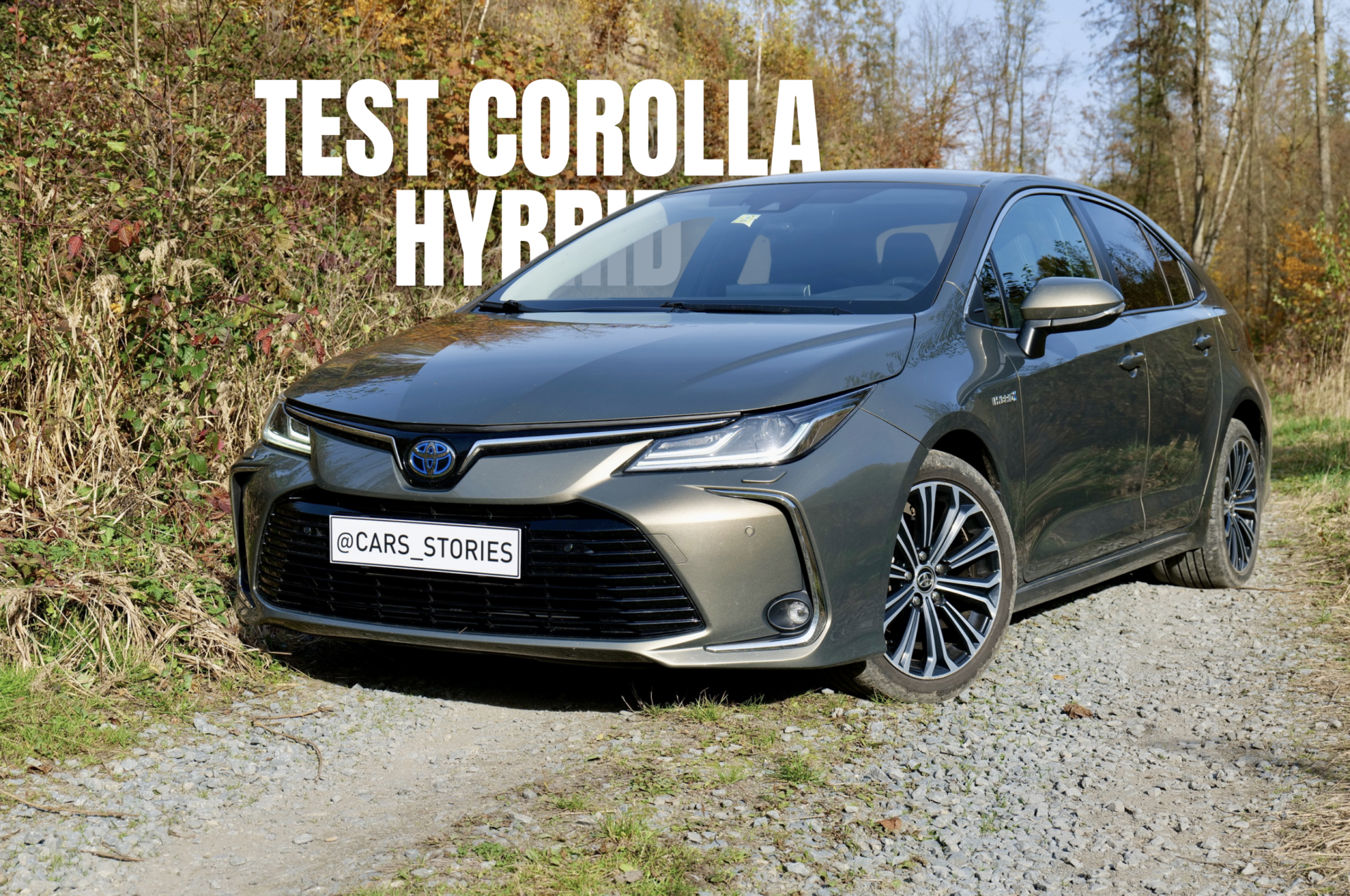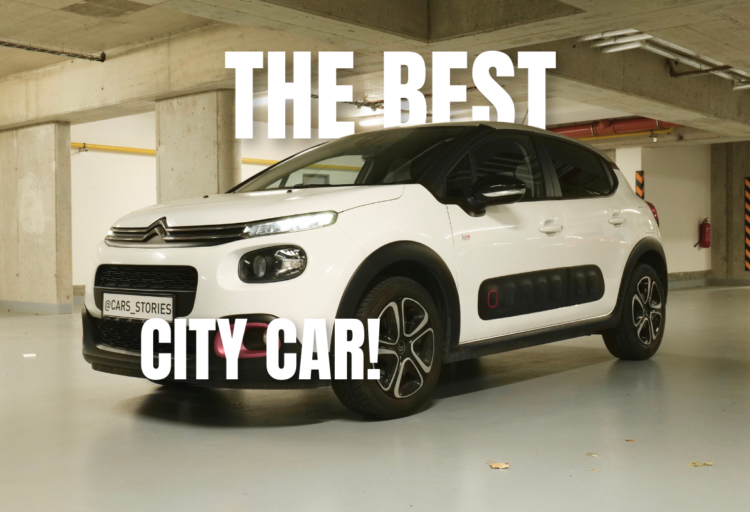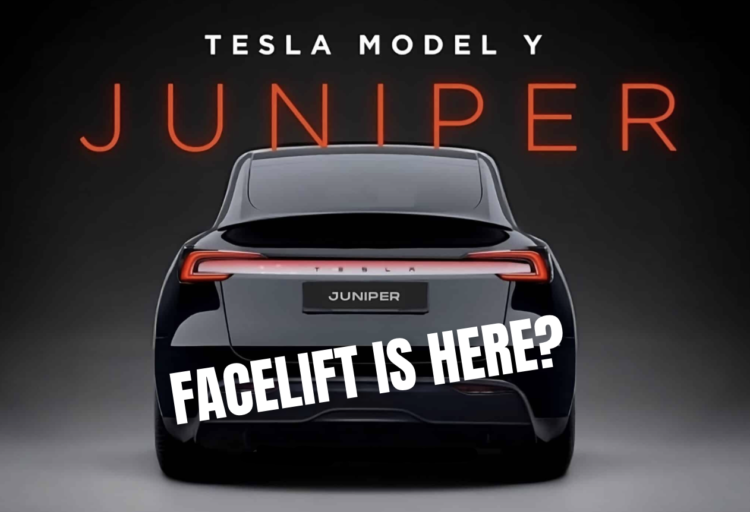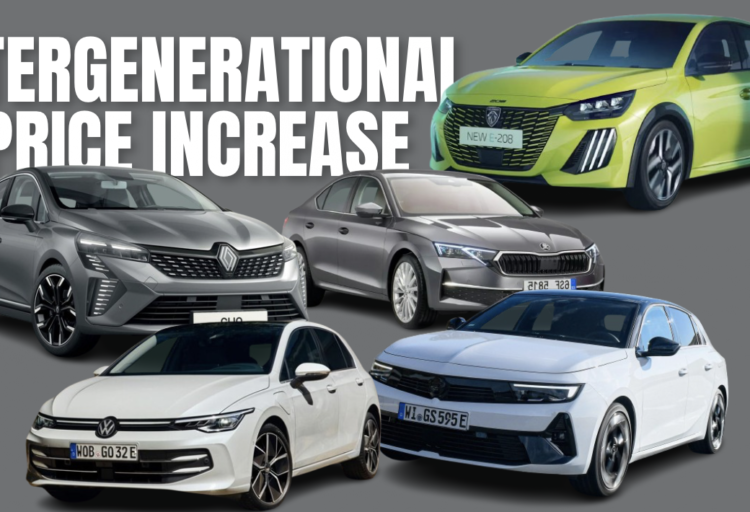The Toyota Corolla is a global phenomenon. Since 1966, over 50 million units of this model have been produced, ranking it among the world’s best-selling cars. Today, we’re looking at a 2019 Toyota Corolla 1.8 hybrid with 90 kW of power and a mileage nearing 150,000 km. This particular model has seen a decent number of kilometers, which allows us to assess how it performs over time. We’ll focus on driving dynamics, the engine, fuel consumption, maintenance, and reliability.

“Does the hybrid 1.8 really have no power?”
You may read that the 90 kW Corolla “has no power.” This opinion appears frequently in reviews, but how does it hold up in practice? Is 90 kW sufficient for everyday needs? The answer is yes, as long as you meet the following conditions:
1. You mostly drive in the city, over short distances, or on highways, where you don’t mind a slight delay in reaching 130 km/h.
2. You don’t plan on racing. The e-CVT transmission is designed for smoothness, not for sporty driving.
Fuel efficiency: how does the Corolla perform in practice?
City
In urban settings, the hybrid Corolla shines. The hybrid system maximizes its electric potential here, allowing up to 80% of the time (not distance) to be spent in electric mode. The electric motor provides instant acceleration, and the switch to the combustion engine is barely noticeable, resulting in very low fuel consumption. You’ll often see around 4 liters per 100 km, and under ideal conditions, even less.
Out of town
The Corolla won’t disappoint on country roads either. Thanks to its multi-link rear suspension, it handles comfortably and stably, with the chassis performance exceeding the engine’s output. While its 0-100 km/h acceleration in 11 seconds doesn’t sound particularly dynamic, the instant response from the electric motor makes the Corolla feel more agile than the numbers suggest. Under heavy acceleration, the engine revs up quickly and maintains high RPM until you ease off, which can sometimes draw criticism. In reality, though, these higher RPMs last only a few seconds. If you can adopt a smoother driving style, fuel consumption can drop to well below 5 liters per 100 km.
Highways
The Corolla comfortably maintains a cruising speed of 130 km/h, even on inclines. Accelerating from 80 to 130 km/h is adequate, making merging from an on-ramp stress-free, although you may hear the engine rev higher momentarily. Highway fuel consumption averages around 5.5 liters per 100 km, a solid figure for a hybrid system primarily designed for city and country driving.
Fuel efficiency largely depends on driving style. With gentle starts and efficient braking, the Corolla rewards you with impressive fuel economy. My average over 1,200 test kilometers was 4.3 liters, with a nearly equal mix of city, country, and highway driving. This aligns with the long-term average of 4.4 liters over 7,200 km.

e-CVT transmission: how does it work, and what makes It different?
The e-CVT transmission plays a big role in achieving these fuel efficiency numbers, and Toyota’s version is unique, differing significantly from classic CVT systems. It uses a combination of a planetary gear system, an electric motor, and an internal combustion engine. At low speeds or when starting, the transmission uses the electric motor, while the combustion engine is either inactive or running at low RPM to generate electricity. When more power is needed, the engine can directly engage, providing sufficient power for the entire system. For many, benefits include indirect fuel injection and the absence of a turbocharger, enhancing the car’s longevity.
The hybrid system replaces the functions of an alternator, starter, and significantly conserves the brake system through regenerative braking. (I once spoke with a taxi driver who had 227,000 km on the original brakes.)
Given the complexity of this system, its durability is impressive. Cars with over half a million kilometers on the original transmission without any service work are not unheard of.

Driving characteristics and comfort
As mentioned, the Corolla’s multi-link rear suspension provides stability in corners and ensures that lateral bumps don’t unsettle it. The chassis could comfortably handle 200 horsepower. At highway speeds, however, wind noise and road noise become noticeable, especially on rough surfaces or gravel.
The difference between the sedan and wagon variants is also noticeable in the seats. The wagon version has significantly better lateral support and seat shaping, which becomes apparent on longer journeys. The hatchback has a shorter wheelbase by 7 cm, meaning less rear passenger space.
Trunk and practicality
Three-box bodies aren’t very popular today, with only Mazda 3 remaining as a direct competitor. Nevertheless, this type of vehicle may still find fans. The trunk holds enough luggage for three people on vacation, maintaining an elegant appearance without sacrificing practicality.

Infotainment and driver assistance
The infotainment system feels outdated compared to today’s competition. The display could be sharper, and the graphics more modern. As for driver assists, it has lane-keeping assistance and adaptive cruise control, which works reliably on well-marked roads. The adaptive function can only be turned off in the facelifted 2024 version, but even in older models, the system behaves predictably.
Unfortunately, the high-beam assist is problematic. On highways, it often misses the top marker lights on trucks, and in urban areas, it ignores street lighting. On country roads, it occasionally fails to recognize oncoming cars. I ended up turning off the assistant and controlling the high beams manually. The headlight performance itself is good, with the left low beam having a sympathetic cutout to avoid dazzling oncoming drivers while allowing better side illumination—a simple and effective design.

Summary: Toyota Corolla 1.8 hybrid
The Toyota Corolla is a truly versatile and reliable car. The tested model was in excellent condition, with no signs of rust and minimal running costs. The interior was equally well-maintained. Leather seats showed no visible damage, cracks, or excessive wear. Since the car has a full service history, you can see the total costs below this article. Hybrid Corollas start from around €14,200, and their prices are expected to hold well in the future. Just look at older Toyota hybrids, like the first-generation Prius, which still sells for around €6,100 even after 15 years.
Fun fact: If you’re descending a long hill and the battery reaches its maximum charge, the car may disengage the hybrid system for several kilometers, and even keep the engine running at a stoplight. Other owners have mentioned this on forums, so it’s not a unique trait of the tested car. If you have similar experiences, share them in the comments.
Zdroj: cars-stories
Foto: cars-stories





Leave a Reply